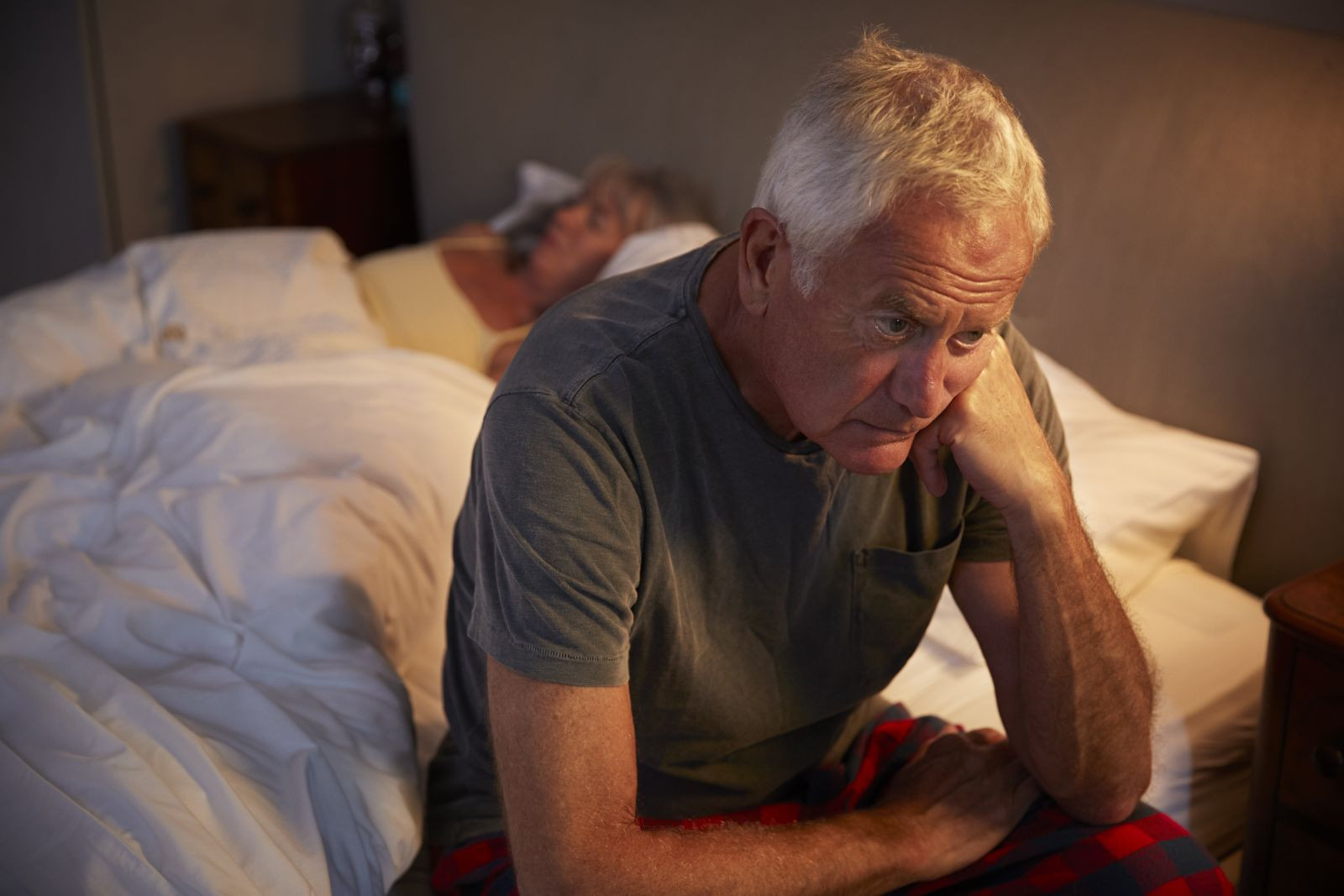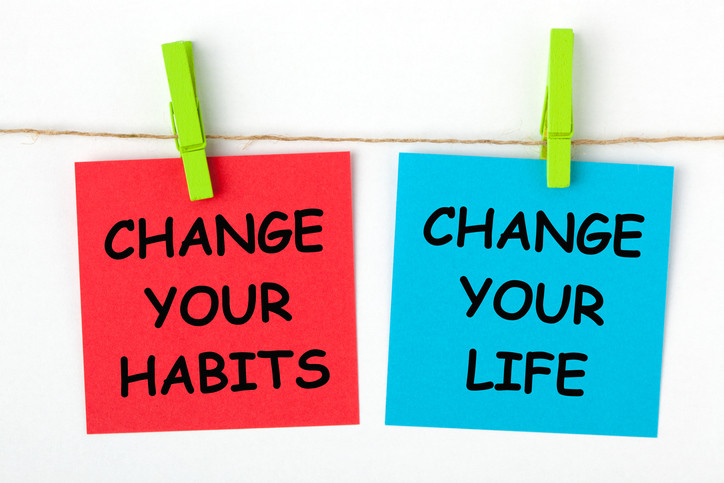Health
How Much Sleep Do You Need By Age (Sleep And Sleep disorder) – Research

EDITOR’S PICK:
- 5 Foods That Can Reduce Anxiety Instantly
- 3 Warning Signs Of Diabetes You Must Never Overlook
- 5 Bad Signs You Are Not Eating Enough Food
Getting enough sleep is essential for your health. However, the amount of sleep you need varies depending on your age, gender, activity level, and even your genes. Children and teenagers typically require more sleep than adults.
In this article on EKO HOT BLOG, we would be looking at how much sleep you need according to your age, and order sleep disorders you should know.
Over two years, the National Sleep Foundation conducted extensive research to determine the guidelines for how much sleep is required for specific age groups:
- Newborns (3 months or younger): 16-18 hours
- Infants (4-11 months): 12-16 hours
- Toddlers (1-2 years): 11-14 hours
- Preschoolers (3-5 years): 11-13 hours
- School-aged children (6-13 years): 9-11 hours
- Teenagers (14-17): 8-10 hours
- Adults (18 and older): 7-9 hours
Why is sleep important?
Sleep has a greater impact on you than you may realize. Your sleep quality has a direct impact on how you feel during the day, as well as your physical and mental health. Here are a few reasons why getting a good night’s sleep is crucial:
- Regulates the production of melatonin, which in turn regulates your moods, productivity, and eating behaviour
- Improves the neurotransmitter concentrations in your brain and helps enhance your productivity, concentration, focus, and creativity
- Improves athletic performance by increasing response time, quickness, and agility
- Regulates your weight via complex hormonal interactions that influence your satiety levels and eating behaviour
- Aids in the recovery of illnesses and strengthens your immune system
What happens if you don’t get enough sleep?
If you don’t get enough sleep regularly, you may develop sleep deprivation. If this is the case, your body will most likely send signals that you need more sleep. Symptoms include:
- Sleepiness during the day
- Irritability
- Lack of motivation and productivity
- Difficulty focusing
- Difficulty with memory
- Difficulty making decisions
- More hunger than usual, causing weight gain
- Dark circles under the eyes
- General dull complexion
- Weakened immune system
- Mood disorders (depression or anxiety)
Chronic sleep deprivation can cause obesity, diabetes, high blood pressure, coronary artery disease, stroke, and even mental illness. Adequate rest can help prevent these issues and is an important part of living a healthy lifestyle.
What are sleep disorders?
Sleep disorders are conditions that impair your sleep or prevent you from getting restful sleep and, as a result, can cause daytime sleepiness and other symptoms. Everyone can experience problems with sleep from time to time. However, you might have a sleep disorder if:
- You regularly experience difficulty sleeping.
- You are often tired during the day even though you slept for at least seven hours the night before.
- You have a reduced or impaired ability to perform regular daytime activities.
How many types of sleep disorders are there?
There are approximately 80 different types of sleep disorders. The top ones are:
- Insomnia.
- Sleep apnea.
- Restless legs syndrome.
- Narcolepsy.
What causes sleep disorders?
Sleep problems can be caused by various factors. Although causes might differ, the end result of all sleep disorders is that the body’s natural cycle of slumber and daytime wakefulness is disrupted or exaggerated. Eight factors include:
- Physical (such as ulcers).
- Medical (such as asthma).
- Psychiatric (such as depression and anxiety disorders).
- Environmental (such as alcohol).
- Working the night shift (this work schedule messes up “biological clocks.”)
- Genetics (narcolepsy is genetic).
- Medications (some interfere with sleep).
FURTHER READING
- 3 Warning Signs Of Diabetes You Must Never Overlook
- Must Read: 5 Dangerous Signs That Indicate Your Body Is Unhealthy
- Revealed: How To Get Back Your Money From Scammers (6 Easy Steps)
Aging (about half of all adults over the age of 65 have some sort of sleep disorder. It is not clear if it is a normal part of aging or a result of medicines that older people commonly use).
Click to watch our video of the week:
Advertise or Publish a Story on EkoHot Blog:
Kindly contact us at [email protected]. Breaking stories should be sent to the above email and substantiated with pictorial evidence.
Citizen journalists will receive a token as data incentive.
Call or Whatsapp: 0803 561 7233, 0703 414 5611












